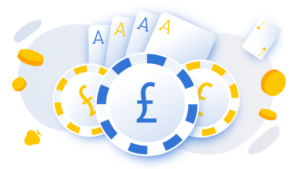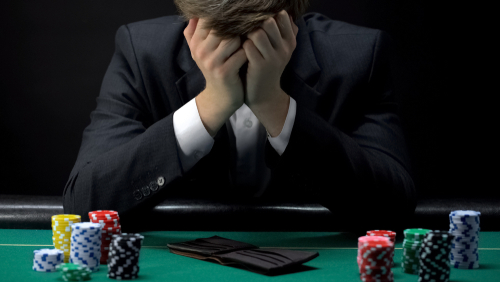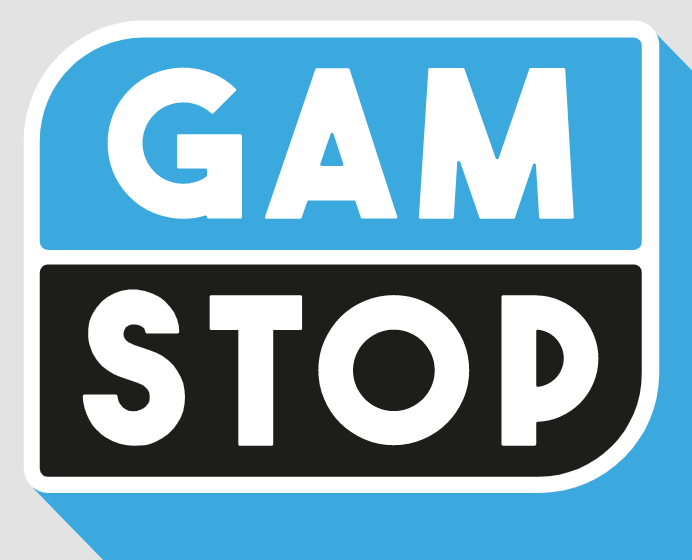Gambling has been around for aeons and has become more common with the shift to online betting. However, “problem gambling,” also known as “compulsive gambling” or “gambling addiction,” remains a serious problem.
In this guide, we talk about the importance of responsible gambling.


Perspective is everything in gambling, especially if you're a novice. It determines your attitude towards the activity. Ideally, you should consider it a fun past-time or an entertaining activity. But gambling is not a sustainable means of trade. And it is most certainly not a way to get rich fast. Use your wit and knowledge to bet for sports, games, and races that you enjoy- but never make it a central part of your life.

Winning a good hand at gambling is euphoric. But many believe their debts will be paid and losses overcome by gambling with larger amounts more frequently. However, the very essence of gambling is unpredictability. On some days, you will be lucky, and on others, not so much. Responsible gambling is knowing that chasing losses will likely lead to betting addiction.

Moving on, superstitions are common in gambling. A lucky table, cue, or portal may have done you well in the past. But repetitive behaviour and false assumptions combined make gambling compulsive. You won't get lucky every time. It's all part of the game.

Finally, many people will “teach” you tricks and tips on how to win big. But no such trick exists or has ever existed. Gambling is circumstantial and unpredictable. It will not fix your financial woes nor prevent real life from knocking at your door once your poker game is over. Avoid falling into traps and techniques that your uncle's-cousin's-nephew's-son used to win big. It’s your life on the line, not theirs.
Like any addiction, there are warning signs that you may have a gambling problem.

Not everyone has the proclivity for compulsive gambling. Some people are predisposed to addictive behaviours. Moreover, the chances of you developing compulsive gambling habits are higher for online bettors(within a year of online gambling) compared to those who go to the casino or a race once a week.
IGambling addictions are complicated. The biggest disadvantage for gambling addicts is the lack of mechanisms to diagnose their addiction. Here are some tell-tale signs to look for:
If the answer to most of these questions is “yes” or even “maybe,” it is high time to consult a professional and a financial advisor to handle both strata of gambling addiction.
Psychologists that specialise in gambling addictions have recognised two common types of gambling addicts: action gamblers and escape gamblers.
Escape gamblers are likely to have underlying mental health issues, such as clinical depression, suicidal tendencies, and anxiety. They are withdrawn, unhappy, and use compulsive gambling as an escape mechanism, hence the name.
Action gamblers, on the other hand, usually have underlying personality disorders, such as bipolar disorder or narcissistic tendencies. These are the thrill-chasers searching for the adrenaline spike and euphoric rush of winning a hand at poker or the slot machine.
There are several control mechanisms to keep compulsive gambling in check. For instance, deposit limits are easily implementable and serve an “anchoring” function in online betting. The best online casinos always have this feature.
These set a maximum cap on deposit/withdrawal amounts. While some sites keep the deposit limit very high, others cap it at a reasonable amount.
This mechanism prevents people from betting money they don’t have and thus prevents financial exploitation, debt, and bankruptcy.
Moving on, account histories are also an anchoring mechanism for online betting. Account history enables users to access all the transactions they have made. Sharing these records with a partner or a financial advisor maintains accountability for someone with compulsive gambling tendencies.
Gambling addiction continues to be a pervasive issue in both traditional and online gambling communities. It is the cause of much strife, can cause relationships to break down, and even incur suicidal tendencies.
However, researchers and organisations have devised psychological and other mechanisms to help and support gambling addicts and their families.

Organisations and websites like BeGambleAware®, GAMSTOP, and Gamblers Anonymous UK are community-led ventures to prevent and rehabilitate gambling addiction.
They provide information on recognising and diagnosing gambling addiction and preventing relapses. They also provide support for recourse from gambling addictions.
Treatment providers, often recovered gambling addicts themselves, offer various support services, such as diagnosis, therapy, and financial management.
A gambling addiction or problem gambling is any gambling/betting activity that is disruptive and compulsive. It can cause financial carelessness and bankruptcy, ruin personal relationships, encourage rash behaviour, and cause a lack of sleep and diet. The euphoric feeling of winning a bet is addictive, and problem gamblers seek that thrill constantly.
Yes. Gambling addictions are often enabled by the internet due to easy access. Things like sports wagering, pool, dice, and card games are the top reasons why people get addicted to online gambling.
Research has found that younger people (especially men) have a greater proclivity to become addicted. However, since they are still impressionable, they can be pulled out of that addiction.
The first step to recovery is realisation. Help is always available in your communities and online. Support groups, psychiatrists, and gambling recovery professionals have the resources to deal with all stages of gambling addiction.
Another immediate step to managing compulsive gambling is to request the casino owner to ban access to the premises or for the site to restrict access. Self-exclusion like this encourages accountability and enables recovery.
T&Cs apply. New players only. 18+. Min deposit £20. 40X wagering applies to match up bonus. Offer valid for 1 week. 50 Spins on Starburst. 40X wagering applies to Spins. begambleaware.org | gamstop.co.uk | Play Responsibly
T&C applyQuestions? Email us:
Copyright © Profit Squad 2023.
All Rights Reserved. | Void where prohibited.
Applicable to users over the age of 18.
If you are concerned about gambling visit:
www.gambleaware.co.uk
ProfitSquad is owned and operated by Parallel Value Ltd, Reg: C101034, Malta
By using this website, you agree with our use of cookies to improve its performance and enhance your user experience.
Моrе info on our cookies policy page